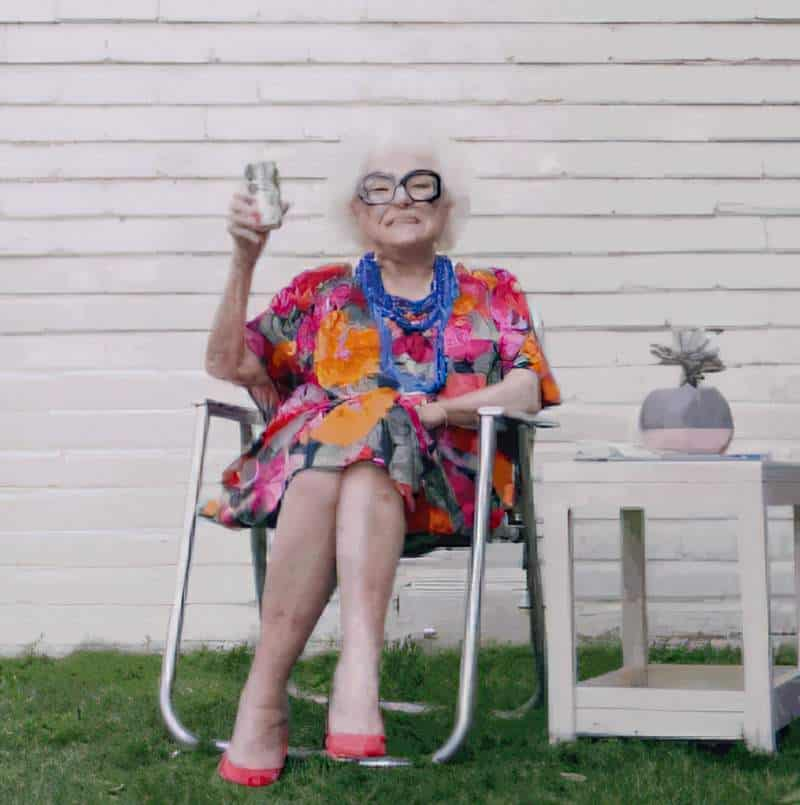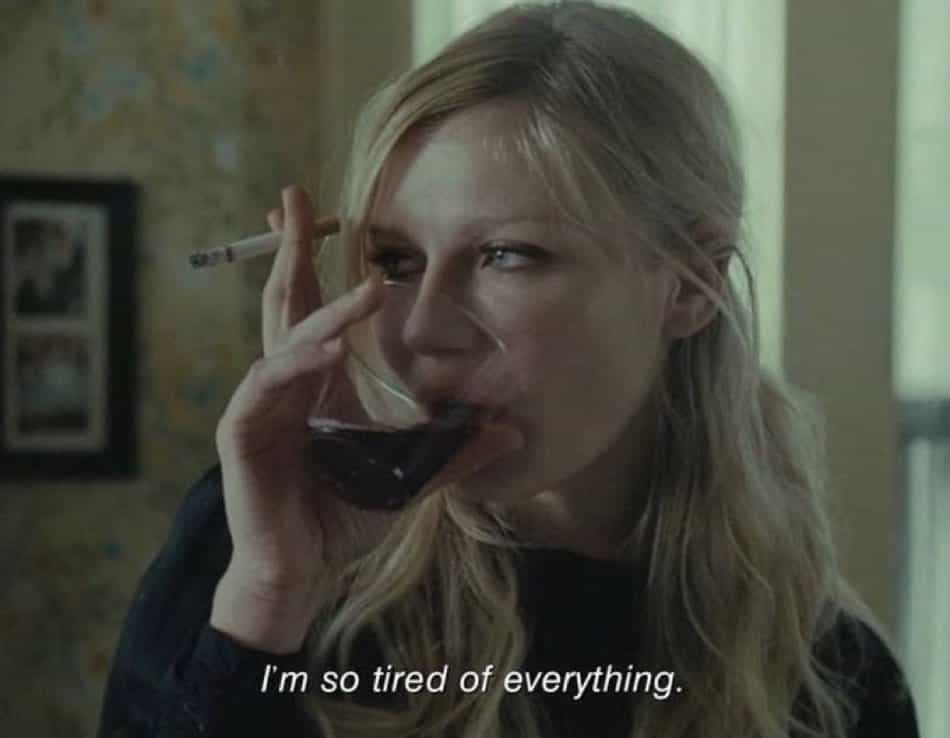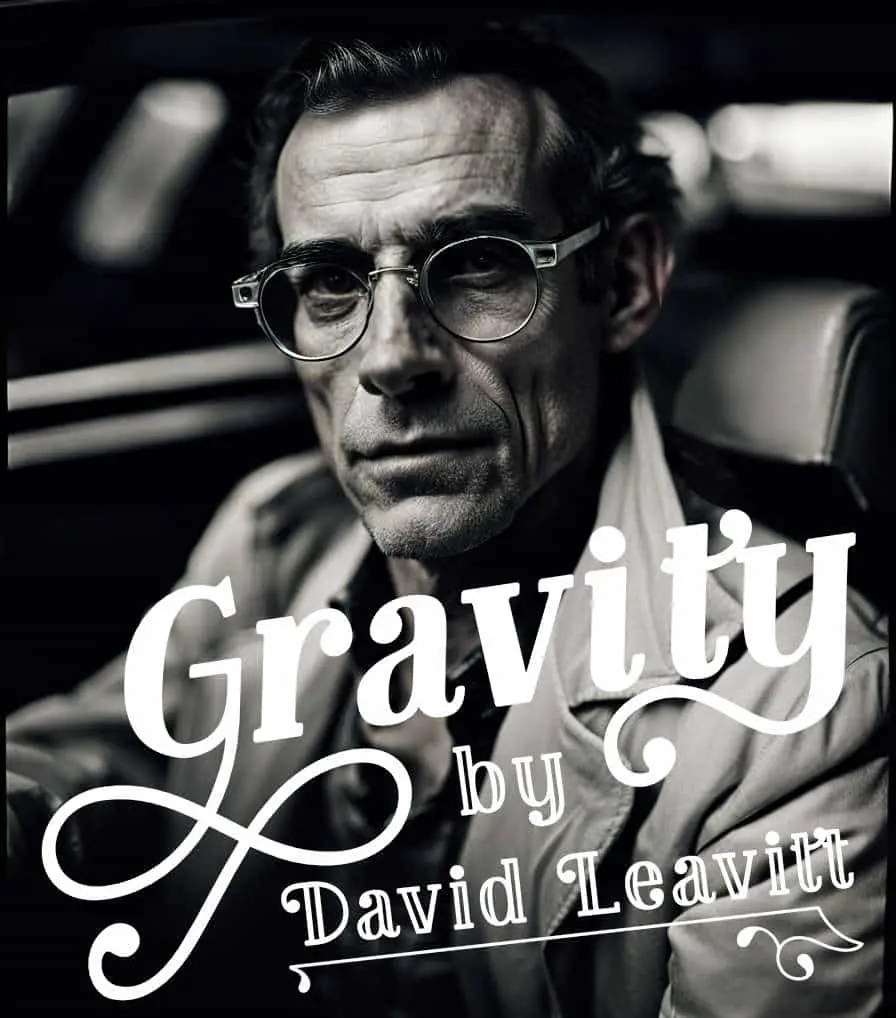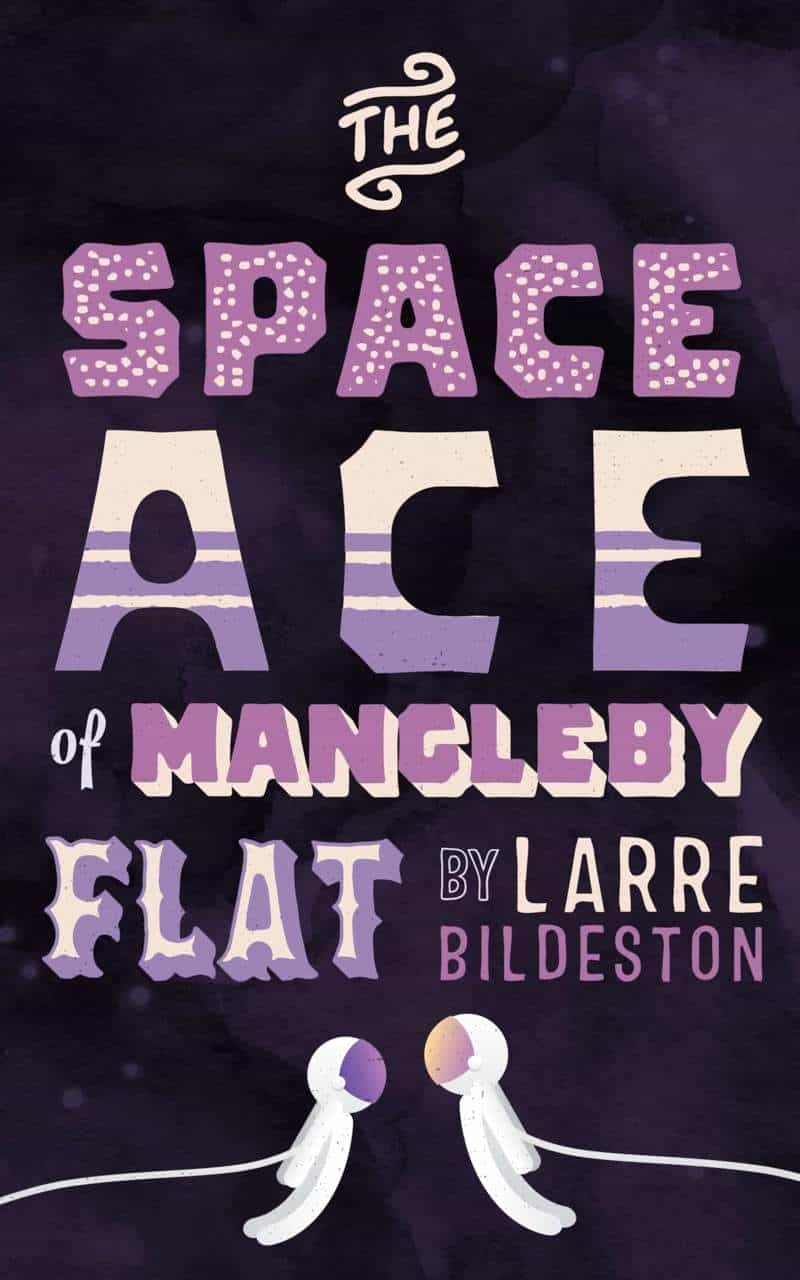“Gravity” is a short story by David Leavitt, born 1961. I’m reading it in The Oxford Book of American Short Stories edited by Joyce Carol Oates (1992), though it was first published in 1990 in Leavitt’s A Place I’ve Never Been collection.
This gay writer had his first collection published at the age of twenty-three and lived through the era of peak AIDS, which is important to know before understanding this story, in which AIDS is very much on-the-page but not made explicit. “Gravity” was published when the author was still in his 20s. It’s a very accomplished piece for such a young person.
Career-wise, the author has had a bit of an up-and-down time since this then. He’s been targeted by what in Australia we call ‘cookers’, and that’s leaving aside a big ole copyright suit, which he used as fodder for a novella. That is exactly what the mother of this short story would have done, too.
DISCUSSION QUESTIONS FOR “GRAVITY” BY DAVID LEAVITT
- What is literary minimalism, and would you consider David Leavitt’s “Gravity” an example of the form? (If possible, speak to his other work.)
- Speak to the title. Why did Leavitt call this short story “Gravity”?
- Focusing on the USA, what was happening in 1990 politically and socially regarding HIV/AIDS?
- The opening sentence of “Gravity” conveys much information very succinctly. In bullet-point form, what do readers learn about the situation from just that opening sentence?
- The mother is depicted partly as a character archetype. Can you think of other fictional mothers who remind you of Theo’s? Or perhaps mothers from real life? Which parts of Theo’s mother fit the archetype, and which details individualise and humanise her?
- Why do you think the mother has chosen to take her son with her to buy the crystal bowl at this particular store?
- Why might the mother be so intent on carrying out this act of generous revenge, buying an expensive bowl for Bibi’s son?
- What do you make of the story’s Resonant Scene, in which the mother tosses the valuable bowl at her gravely ill son, trusting him to catch it?
- Across the story, Leavitt utilises symbolism around seeing and not seeing. Say what you can about this.
- HIV/AIDS is no longer the same deadly disease in the West, not now that life-saving drugs are available. Yet this story has emotional resonance. How do the main ideas of David Leavitt’s “Gravity” remain universal and timeless?
THE MINIMALIST LITERARY MOVEMENT
“Gravity” accomplishes a lot in few words. Leavitt is part of the ‘Minimalism’ literary movement, defined by economy with words and a focus on surface description. Minimalism is a Postmodern movement because readers are expected to do quite a lot of work ourselves, looking beyond the surface descriptions for what’s really going on, aided by interpretation of symbols and metaphor. Readers help to build the story, with the author’s expert guidance, of course.
Minimalism in literature is associated with men, which may or may not reflect what’s really going on, but tentpole Minimalist writers include:
- James M. Cain ― hardboiled American crime
- Jim Thompson ― another American hard-boiled crime writer
- John Barth ― known for The Sot-Weed Factor
- Robert Coover ― find numerous pieces in The New Yorker, Professor at Brown
- William H. Gass ― a philosophy professor as well as writer, critic etc.
- Raymond Carver ― hugely influential on short stories during the 1980s
- Bret Easton Ellis ― calls himself a satirist, a member of the Literary Brat Pack, along with David Leavitt, as it happens (young writers who emerged with a bang on America’s East Coast in the 1980s)
- Charles Bukowski ― wrote about ordinary, poor Americans, hatred of work, alcohol
- Ernest Hemingway ― one of America’s most celebrated writer, and yet another complicated figure
- K. J. Stevens ― mostly writes short story but has published a novel called Pilgrams Bay (2007)
- Tobias Wolff ― writer and creative writing teacher, famous for short stories and memoir both
- Frederick Barthelme ― edits the Mississippi Review. His brother Donald is a Professor of Architecture and father to several other famous writers with the last name of Barthelme (Steven and Donald).
- Richard Ford ― a famous novelist (The Sportswriter, Canada etc.) whose most famous character is Frank Bascombe.
- Patrick Holland ― an Australian writer who grew up in the Outback but who has a strong interest in East Asia.
- Cormac McCarthy ― dead now. My favourite work of his: No Country For Old Men, brilliantly adapted by the Coen Brothers.
Some of you may have noticed a disproportionate share of well-known misogynists in that thar list. Did these men write Minimialism because of a deliberate stylistic choice, or were half of them alexithymic? #NotAllMinimalists, but if a man stands in front of his bookshelf for a selfie on a dating app and these are the only authors on the spines, I’d take that as a big red flag.
With the caveat that we can’t know a famous person’s gender identity for sure and certain (at least one writer on the above list is possibly transgender), women associated with the Minimalist movement are quite a different looking lot:
- Ann Beattie ― about half of her publications are novels, the other half short story collections
- Amy Hemple ― writer and creative writing teacher
- Bobbie Ann Mason ― her memoir was a finalist for the Pulitzer, wrote literary criticism as well as short stories, first one published in The New Yorker in 1980
- Grace Paley ― a writer and political activist who died in 2007. Won the Pulitzer
- Sandra Cisneros ― famous for The House on Mango Street (1983) ― queer, Chicano, Buddhist
- Mary Robison ― four novels, four short story collections so far
- Alicia Erian ― Egyptian-Polish-American who puts female characters front and centre
Note that David Leavitt does not, in fact, believe that his own work counts as Minimalist. I don’t blame him for wanting to disassociate himself, as the movement is considered unemotional. “Gravity”, for one, very much pulls at your heartstrings.
I appreciate that Leavitt does not name (other?) Minimalists as his influences, but instead picks some of my personal favourites such as Alice Munro and John Cheever as his favourite all time authors. I’ve had about a gutsful of male authors who only name other male authors as influences and David Leavitt is not one of them. He admires woman authors as much as he admires certain men, and his favourite all-time writer is Penelope Fitzgerald*. (Queerness definitely helps men in this regard.)
*If you’ve seen the film The Bookshop starring Emily Mortimer, Penelope Fitzgerald wrote that novel, back in 1978. She also taught Anna Wintour and Helena Bonham-Carter at a post cram-school after her husband was done for white-collar crime and plunged the couple into poverty… An interesting life.
SETTING OF “GRAVITY”
PERIOD
The end of the 1980s, heading into the 1990s.
DURATION
A mother drives from New Jersey to NYC with her son where they stop in at a gift store to buy a bowl, which the mother has already got her heart set on. A flashback to childhood, when mother and son attended a theatre production, extends the reader’s time experience of the story.
LOCATION
A fancy gift store.
TECHNOLOGY CRUCIAL TO THIS PARTICULAR STORY
Medical technology is mentioned in the first paragraph. Because of this medical technology, AIDS patients were asked to make heart-breaking decisions. In this case, the main character has chosen quality of life over quantity.
Then there’s the mother/son glasses and the crystal bowl, which together form the symbolic web.
LEVEL OF CONFLICT
This is mother and son against the world, in a way. In 1990 the normative world is at war against the much compromised queer community, with its locus of hatred falling on gay men.
Fortunately for Theo, his mother has always been on his side. How do we know this? From that flashback to the theatre. The mother has taken her adolescent son to the theatre for a reason. Though stereotypical, it is also true that the theatre is disproportionately loved by the queer community. The mother has understood her son pretty well, even before he was legibly gay. When she takes off her rhinestone-studded glasses and gives them to her son, she sacrifices her own enjoyment of the play, knowing how very important this experience is to Theo.
SYLVIA’S EARLIER EPIPHANY
More than this, the flashback with the glasses probably indicates the day Sylvia realised for sure and certain that her 12-year-old son was queer. Perhaps she hadn’t realised just how much her son would enjoy Fiddler on the Roof. Theo hadn’t wanted to admit that he needed glasses ― proxy for something else he didn’t yet want to admit. We know the mother knows, because she also intuits her son’s short-sightedness. Then she asks him to read a sign. She’s tuned in.
By removing her own glasses the mother is looking inward, seeing the boy right next to her rather than the bokehed-out happenings on stage. Ironically, but not ironically at all, by taking off her glasses, she sees her son’s inner self for the first time that day, with 20/20 emotional vision.
This mother is a staunch ally from the moment her son puts on those massive lady glasses, even though other people stare at them both. ‘Sylvia didn’t care. He could see.’ As far as Sylvia’s concerned, to know oneself is the main thing. The glasses stand in for knowing oneself.
THE DOUBLE MEANING OF ‘SPECTACLE’
David Leavitt uses the phrase ‘the spectacle of his seeing’. Theo is a legibly gay man (legible to others), especially now that he is rake thin and clearly dying of AIDS, which garnered much negative publicity and had a very specific look.
The spectacles (glasses) earlier in his life turned him into a 12-year-old ‘spectacle’. Leavitt is making use of the word’s double meaning. To see and acknowledge your queer self also turns you into a public spectacle. There’s no escaping that. Once AIDS hits the gay community, there’s no such thing as being quietly gay anymore.
STORY STRUCTURE OF “GRAVITY”
THE TITLE
The three basic meanings of ‘gravity’:
- seriousness
- weight
- gravitational attraction (in physics)
The first two meanings of the word are immediately obvious to the relevance of this short story, which features the gravity of a gay man dying of AIDS in the 1980s. Might there be some relevance to how physicists think of the laws of gravity as well?
Some suggestions:
- Gravity is a universal law which no one can do anything about, much like entropy and, well, death.
- We don’t fully understand how gravity works. It impacts our every move, but we can’t spend our day-to-day lives thinking much about it. That would be fruitless and exhausting. This is pretty much how Sylvia goes about life. She prepares for death by not thinking too much about it.
- The weird thing about gravity is how it concerns aggregations of matter at both the macro and the micro levels. David Leavitt’s short story ― like many stories about impending death ― captures something very large and disorienting by zooming into a single, quotidian, unremarkable event: Shopping with mother for some extended relative’s wedding gift. In this story, too, the macro fuses with the micro.
SHORTCOMING
Theo is dying of AIDS in a milieu where gay men, and especially gay men with AIDS, are heavily stigmatised and socially shunned.
Although this story features the viewpoint character of Theo, the gay man dying of AIDS, this is a character study of his mother, Sylvia.
Sylvia is a domineering mother archetype, ready to step in and run the show. These mothers are very effective as carers.
SYLVIA AS COMEDIC CHARACTER
The character of Sylvia is also a bit of a burlesque witch archetype. Underneath her (very genuine) caring and full acceptance, she has a delightfully vengeful side ― a natural consequence of being a woman, since women are expected to care for others without also being taught that they deserve to be taken care of themselves. All she has is the revenge of the expensive wedding presents.

For some reason I can’t quite pinpoint, I’m thinking of the eldest Golden Girl, Sophia Petrillo, played by Estelle Getty: “Why don’t you just blow it out your ditty bag.” It’s probably because Sylvia’s mission offers some light relief. Part of the humour: She has gawdy tastes. She has chosen a bowl for young people which remains stuck in the 1950s. She wears rhinestones on her glasses (rather than precious jewels). Aside from the humour of this (since her gay son surely has more refined tastes), it points to how Sylvia focuses on surface decoration. She keeps her mind bobbing above water, for survival.
COMPARE AND CONTRAST
Alice Munro ― who wrote about carers across her short fiction ― has also written this sort of woman, for example in “Winter Wind“. Like Sylvia, the older women in that story are doing their best to avert death, are terrified of being abandoned by a younger relative and their loving care can run to being a little too controlling. These older ladies care a lot about dusting. They never ask their niece how she is doing.
DESIRE
SURFACE DESIRE
Sylvia wants to buy an expensive bowl from a classy gift store in New York City.
DEEP DESIRE
She wants to use this bowl to exact passive-aggressive revenge on a relative called Bibi (who I suppose is Sylvia’s sister).
EVEN DEEPER DESIRE
If Bibi can understand something of what Sylvia is going through, with the dying son instead of the straight son about to get married to the ‘superior’ woman (that word can be taken both ways), then Bibi may finally offer Sylvia the emotional support she’s so much in need of. Although this is unlikely to happen, it’s clear what Sylvia needs.
OPPONENT
MOTHER AS CARING OPPONENT
Theo’s mother Sylvia has already been through bereavement after providing palliative care for her own mother, but caring for a dying child is quite different. We spend our entire lives preparing for our older relatives to die before we do, but we don’t expect our children to die first. There’s no word like ‘orphan’ to describe parents who have lost a child.
It’s not clear that Theo understands this fully, as a young man in his 20s, who, at the beginning of the story, witnesses his mother’s nurse-like demeanour and figures she’s done it before, so it’s not so hard. He even jokes to his mother that she must enjoy his disability because it’s easier for her to find a parking space. Although this is said in jest, he seems to partly believe it. Later in the story we learn he has been worried about her for a while now, but it is only after she throws the expensive crystal bowl that he realises she is cracking under pressure.
Sylvia is depicted as a determined and resolute woman, of the so-called Silent Generation, notable for their Stoic fortitude (to the point of repression, sometimes). She has come to terms with the fact that her son is dying, and has made the decision to make the very most of their time left. Hence the daily outings. At times she can railroad over what her son wants (he doesn’t feel up to attending a wedding; the mother wants him to go anyway). She’s sent a gift under his name, without asking his permission. She presumably sent a card to go with it, and goodness knows what she wrote. (Did she forge her son’s signature?)

THE WORLD AT LARGE
The extended relatives stand in for the world at large, who reject and judge gay men for having fun and catching a deadly disease.
Bibi gave Theo a very poor graduation gift, which offended Sylvia greatly. After all, her gay son will never be getting married. Bibi would have known that, so could easily have spent a decent amount on a graduation gift, the last gift she’d ever be giving her nephew. But she chose not to.
This is no doubt a sign of her rejection, due to her nephew’s legible homosexuality.
But because the entire topic of queer identity is taboo, even the straight-talking Sylvia we meet in this story cannot bring it up with Bibi directly.

If Bibi is ever to feel bad about anything, including about Sylvia losing her beloved son to a terrible disease, any regret on Bibi’s part must come at her obliquely, from an unexpected place. Sylvia hopes the gift of an expensive crystal bowl will do it. (On top of the silver tray she already sent on Theo’s behalf, which hasn’t worked on its own.)
THE GAY-CODED MEN IN THE STORE
The older men in the gift store (who wear matching cardigans) will have escaped the tragedy of AIDS themselves, perhaps due to their generational privilege. Perhaps they monogamously paired off before AIDS made it to America.
In any case, they refuse to shake Theo’s hand, terrified of the disease which is taking so many lives of their younger Family. These fellows have led a different experience entirely. Before AIDS, the experience of being gay was ‘quieter’. Though I would not like to suggest it was at all easy for them to be invisible, I’m sure these older men would prefer to avoid becoming part of the public gay spectacle which began in the 1980s. To be invisibly queer is a different form of oppression from being visibly queer. These older gentlemen are simply not equipped to deal with the latter, and are perhaps discombobulated by this mother bringing her gay son to their shop. Perhaps they even feel a little outed.
‘Invisibly’ queer? you might ask at this point. What’s invisible about these two men who run a kitsch NYC giftshop while wearing matching cardies? The phrase used at the time was ‘in the glass closet’. I’m not a fan of this framing, for reasons I go into in my critique of an Edward Gorey biography, but it refers to queer people who are very visibly queer, but the culture of taboo around them is somewhat protective. No one talks about their queerness. Everyone is supposed to ignore it, and so long as the person inside the glass closet never opens the door, they’re ‘safe’ from the most overt forms of discrimination.
The two men in this story’s ‘glass closet’ are afraid that their own glass bowl of a life is ‘about to drop’, so to speak.
PLAN
I believe Sylvia has taken Theo to this particular store because she read gayness in the men who work there, and figured her own son would not be shunned. After all, David Leavitt tells us she’s already been in. On her previous visit she purchased the silver tray, and she’s taken some time to think over the extra expense of a crystal bowl. I imagine that when she told the gay retail workers she would be bringing her son back to get his opinion, in a Queer Eye way, she was signally to the men that her son was like them. At least in this store, she probably reasoned, my son will be safe against negative judgement.

THE BIG STRUGGLE
However, Sylvia bears witness to the gay retail workers not offering to shake her son’s hand. Their expressions tell her they consider him contagious. This must hurt Sylvia deeply.
Theo already has significant lived experience of being personally shunned; he’s been dealing with it for his whole life, and with an extreme form of stigmatisation since looking visibly ill. But he’s only just moved back to New Jersey, and his mother seems to have underestimated the extent of the new intensity of gay stigma. Sylvia hasn’t realised until this moment that her son would be shunned even by other gay men.
So when Sylvia throws the bowl at her son, there’s a multivalent symbolic thing going on, but at a more surface level, I believe this is Sylvia’s revenge. We already know she’s got a vengeful side (due to Bibi), and now she wants to give the gay retail worker a bit of a fright: “You won’t shake my son’s hand? Not even when he’s your Family? Yet you care so very much about a stupid bowl. A bowl which will be replaced with an exact replica as soon as I buy this one from you. Well, I am permanently terrified these days. Let me show you just how terrified I feel all of the time. You’ll experience terror for all of one second, as this stupid expensive bowl of yours flies through the air, possibly about to be smashed. Well, that’s my life. Like how it feels?”

ANAGNORISIS
Symbolically, the crystal bowl is in the same family as the spectacles (meaning the prescription glasses). When Sylvia throws it, she is creating a mini spectacle of her own. Note, too, that cut crystal is just a fancy kind of glass. If you try to look through it, your vision becomes refracted ― the world does not look at all the same. Theo’s vision was going that way due to AIDS medication. We know that from the opening sentence. But also, Sylvia’s life must feel like that right now, and after her son dies, her world will never look the same again, ever.
Back in the car, Sylvia momentarily cracks. Earlier in the story, Theo had believed his mother was taking his illness fully in her stride, especially given Sylvia’s previous caring experience with his grandmother. But now, for the first time, he sees that his mother is also fragile, and that she could drop to the floor at any time if ever she allows herself time to reflect and to think. She’s keeping herself busy with petty revenge and shopping trips as a coping mechanism.
NEW SITUATION
Sylvia would like to take her son somewhere else in NYC to erase the scene of rejection which just happened in the gift shop. But she has no specific ideas on where they might go. If her son isn’t accepted in a quiet gift shop run by two gay men, where would Theo be accepted? For his part, Theo is tired and due for his next dose of medication. There is no running from this disease. Mother and son prepare to head home, perhaps this time for good.
EXTRAPOLATED ENDING
Since this is set in 1990, there are no life-saving drugs for people with AIDS. We know that Theo dies soon after this story ends, perhaps before his cousin’s wedding, which Sylvia had previously set as a goal post, wanting to encourage her son to at least make it that far. After which, she would no doubt create another event for Theo to ostensibly look forward to.
RESONANCE
How the world reacted to AIDS is how the world reacts to many things. Namely, tragically, people don’t seem to like it when Othered groups of people have fun.
Most recently the world has been through the collective trauma of SARS-CoV-2. Caught covid on a cruise? Well, you shouldn’t have been on a cruise, then. Caught it at the supermarket? You should’ve been wearing a properly fitted mask… You shouldn’t have been at that crowded dance party… You shouldn’t be having that one-night stand… Gay men were punished not just for the crime of being gay, but for the pleasure they were perceived to have received for being exactly who they are. Were.



